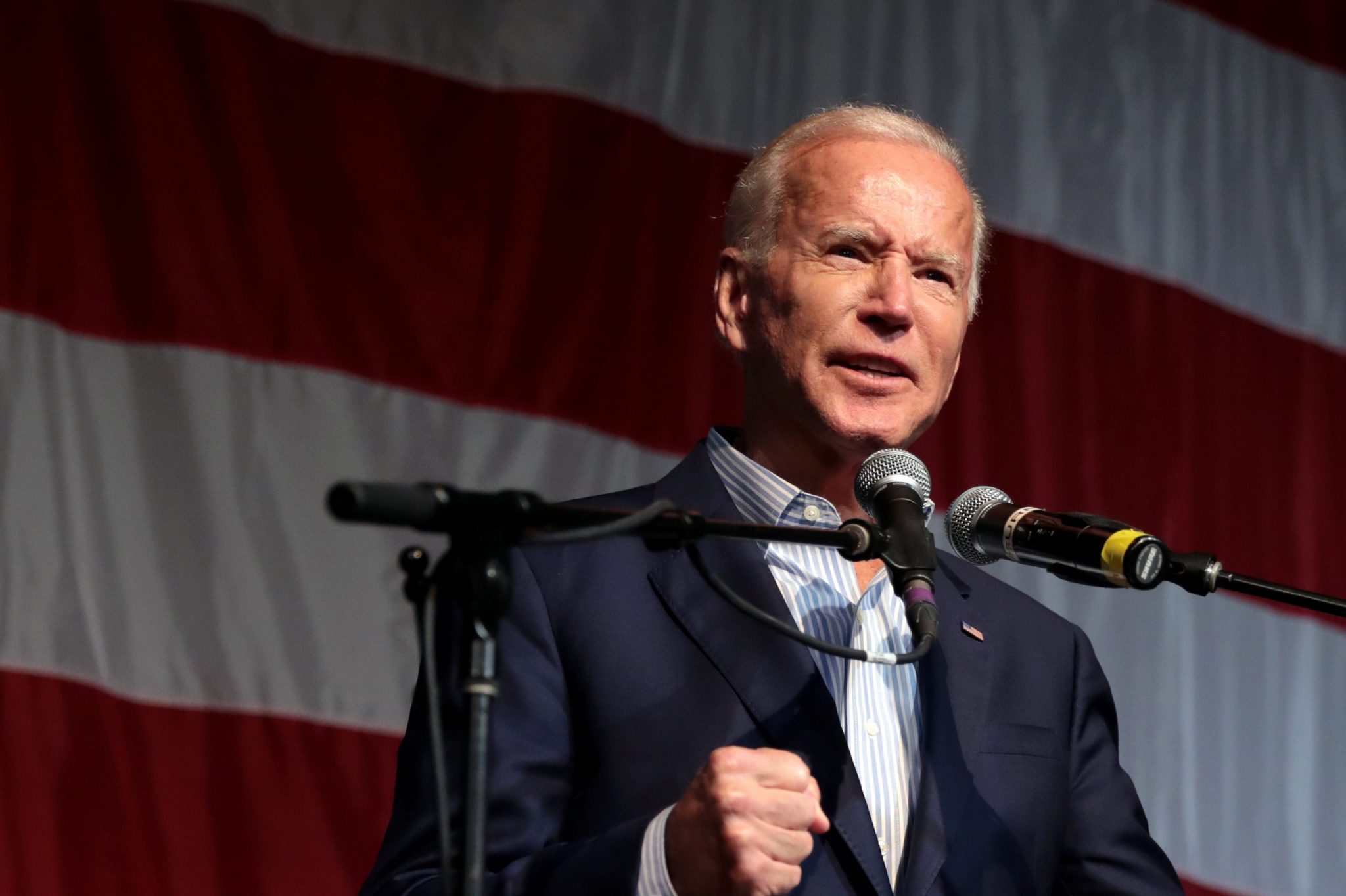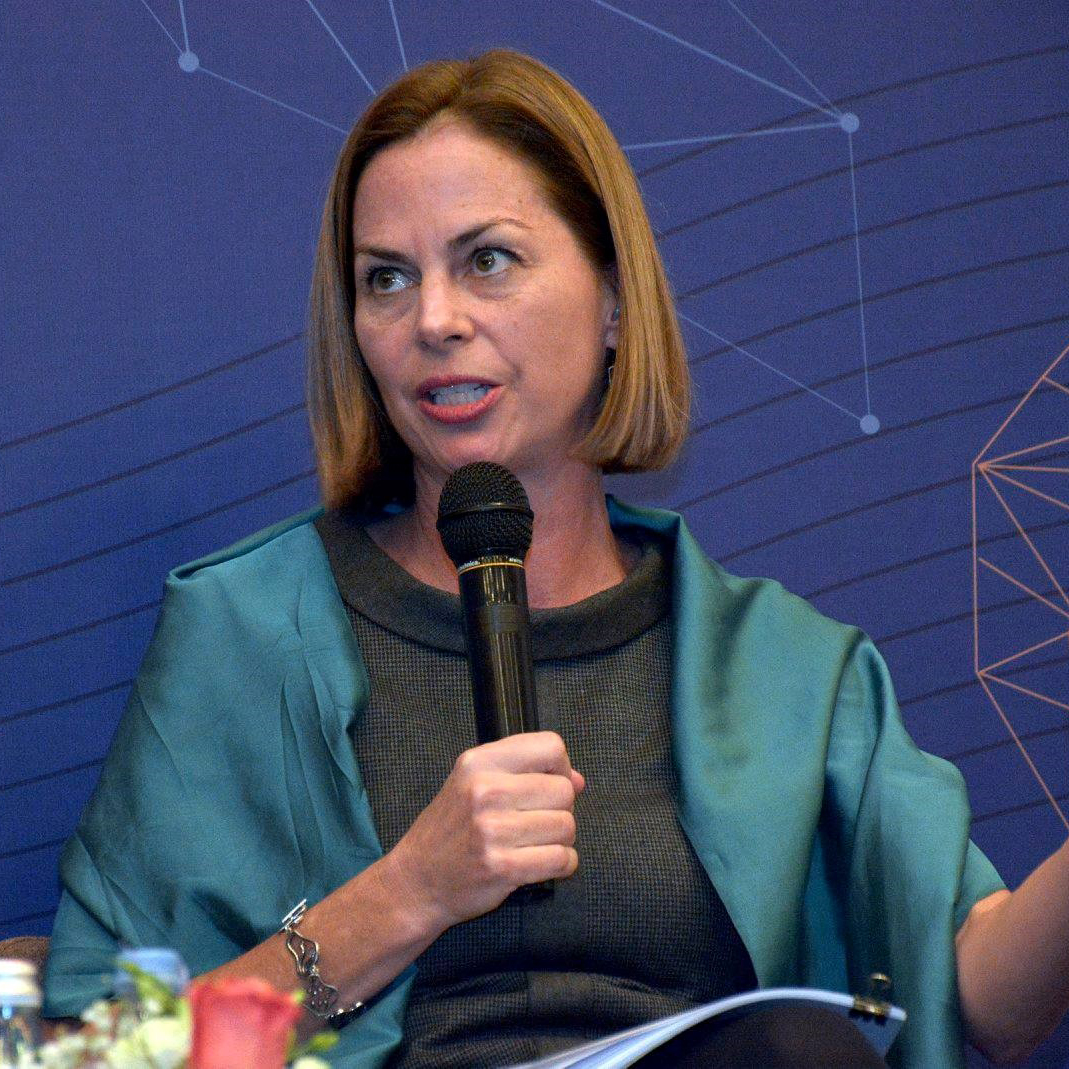President Biden’s Summit for Democracy aims to reenergize global commitment to democracy during a dangerous period of backsliding and rising authoritarianism. It is imperative that we work together—learn from one another—to defend democracy. But recent reporting shows summit invitations going to countries with questionable democratic credentials, such as the Philippines, Poland, and Mexico. While this “big tent” approach is likely aimed at encouraging these slipping countries back on track, organizers must guard against actually undermining the very goal of the summit by fueling and legitimizing leaders who are chipping away at democracy. This will require moving away from a state-based event of governments to a more inclusive one of democrats. After all, those in power are not guardians of our democracies. We are.
It is understandable that the Biden administration is cautious about being too preachy to others about democracy. Indeed the United States is well-advised to approach this occasion with a hefty dose of humility given our shortcomings and recent events. We can no longer adopt the posture of wise teacher but should rather consider that of a humble student, as we could learn plenty from others. This is yet another reason to cede more control of the summit to civil society. As a democracy practitioner of 25 years, I can attest that thought leadership on how to advance democratic resilience rarely comes from above. The most innovative, daring, effective strategies emerge not when heads of state meet but when a community leader, a teacher, and a city clerk brainstorm together.
Democratic backsliding is contagious. We see malign trends jump borders. The “I lost therefore the election was stolen” narrative quickly spread from Donald Trump in the United States to the coup generals in Myanmar to Bibi Netanyahu in Israel. Foreign autocrats like Russia, China, and Iran are also undermining democracy at an individual country level through targeted interference as part of a broader geopolitical agenda encouraging countries to adopt more authoritarian governance. China is particularly invested in the global governance debate, actively marketing the superiority of autocracy to deliver economic growth and tackle global challenges, from COVID to climate change. And autocrats are having summits of their own, sharing tactics and technologies to suppress political opponents and civil society.
In this context, there is a rationale for including a broad group of countries on Team Democracy, showing global strength in numbers against authoritarian regimes. But this is a summit for democracy, not of democracies. It should orient around the principles, not the states. Thankfully, the summit will include democracy fighters from authoritarian states that are not invited. But the Biden administration should make a similar move across the board. Who represents Philippine democracy? President Duterte’s government, a government that has eroded checks and balances, gleefully engaged in extrajudicial killings, created a deadly environment for journalists, and encouraged a culture of misogyny? If Duterte is present, so should be opposition leaders, civil society activists, and journalists. If his government alone represents the Philippines, he will be emboldened with the badge of democracy that he could waive against his critics as he further clamps down on democracy at home. The summit is encouraging a series of side events for civil society to engender broad inclusion, enhance the debate, and build momentum. However non-government, democratic voices cannot just be relegated to the sidelines or swept in as speakers; they should be at the table representing their countries next to their official leaders.
Ahead of the summit, countries are supposed to submit commitments. Again, it appears the responsibility for drafting such pledges lies with the governments. While these commitments will eventually be made public to allow for scrutiny and oversight, their development has not been inclusive. Suffice it to say, ruling party reflections on the quality of their democracy and areas for improvement will not represent a whole-of-society approach. Commitments should be co-created with political opposition, civil society, media, and other stakeholders. Summit organizers are hopefully communicating with the invited countries about expectations about the drafting process and, if too late, should consider providing space at the summit to edit country pledges.
The summit has all the right intentions. To ensure it is not an event of establishing the least-common-denominator of democratic commitment but rather one of inspiration and risk, non-state actors should also be sitting at the adult table.
The views expressed in GMF publications and commentary are the views of the author alone.





